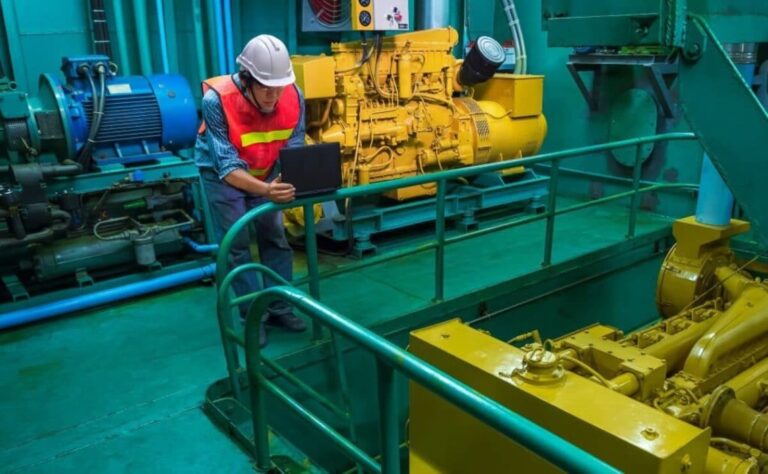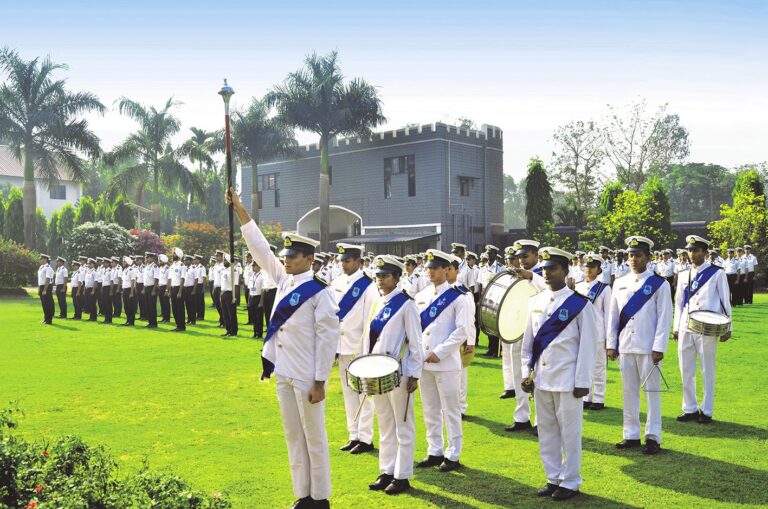Syllabus for Graduate Marine Engineers (GME) course consists of Engineering Topics, English Part and General Aptitude Topics. Although every institute and company take their own entrance exam separately, however syllabus of all the institutes and companies is same.
Following topics are asked (But not limited to ) during GME Entrance Exam. Graduate Marine Engineers course is a one year training for Mechanical Engineers who wish to join Merchant Navy as Marine Engineer.
“Syllabus includes everything of Mechanical Engineering & a vast part of English and General Aptitude is also covered. Therefore targeted preparation with compact study material will help you clear GME Entrance Exam easily. “
Engineering Topics for GME Entrance Exam :
- Internal Combustion Engines
- Basic knowledge of 2 stroke and 4 stroke engine.
- Main Components of Diesel Engine , and valve timing diagrams.
- Draw the pressure vs volume curves for the Otto, Diesel and Dual cycle and compare the process. Compare the advantages and disadvantages of these cycles. How is the actual cycle process measured in an operating engine?
- Define ENGINE. Define INTERNAL COMBUSTION ENGINE. What is the meaning of SI and CI engine?
- Explain a 2 stroke and a 4 stroke cycle. Compare the cycle for a 2 stroke and a 4 stroke diesel engine. Draw p-v curves and identify important phases of the stroke in it.
- Prove mathematically: – the area under a P-V curve is the work done. Derive the equation for power output P= Pm x L x A x n e.
- Marine Exhaust gas Turbocharger.
- Boilers
- Types of Boilers and safety fittings
- Refrigeration & Air Conditioning
- AC and Ref theory.
- Enthalpy diagrams, entropy charts, Mollier charts etc.
- Types of refrigerants used in marine industry.
- Thermodynamics
- Basic gas laws,
- State the laws of thermodynamics.
- What do you understand by a Heat Engine and Heat Pump?
- Basics of refrigeration cycle.
- Basic cycles, efficiency, different process (adiabatic, isothermal etc)
- Heat transfer theory
- Fluid Mechanics / Hydrostatics
- Theory of viscosity,
- flow, nozzles, venture
- Bernoulli’s and Archimedes principle
- Mechanics
- Work, power, energy,
- concept of force,
- vectors
- concept of friction/lubrication
- Strength of Materials
- UTS, Young’s modulus, Poisson ratio , stress/strain
- Shear force and bending moment.
- Material testing / NDT
- MATERIAL SCIENCE/ METALLURGY
- Iron and manufacturing process
- Property of iron and its alloys
- Theory of failure (fatigue, creep, stress hotspots etc.)
- Different types of failures. Heat treatment process
- Corrosion
- Electricals
- Basic theory of electricity, its laws and network theorems
- Electromagnetic theory and faradays laws of electrolysis
- AC and DC circuits. How AC and DC is generated.
- Basic knowledge of semiconductors. Transducers, measuring devices and control circuit terminology.
- Theory of operation of Induction motors.
- Air Compressors
- Reciprocating Air Compressors Basics.
- Pumps
- Operating theory and principle of different types of pumps.
- Instrumentation
- WORKSHOP TECHNOLOGY
- Mechanics of machining, single and multi-point cutting tools, tool geometry and materials, tool life and wear;
- economics of machining; principles of non-traditional machining processes; principles of work holding.
- Metrology and Inspection: Limits, fits and tolerances; linear and angular Measurements; comparators; gauge design; interferometry; form and finish Measurement; alignment and testing methods
English Topics for GME Course Exam:
- General Grammar
- Antonyms
- Synonyms
- One-word Substitution
- Reading Comprehension
- Prepositions
- Passive Voice
- Error detection
- Idioms
- Vocabulary
- Odd man out
General Aptitude Topics:
- Numerical ability
- Percentage
- Profit & Loss
- Average
- Ratio & Proportions
- Simple interest
- Time, speed & Distance
- Data Interpretation
- Logical Reasoning
- Verbal Reasoning
- Boats & Streams
- Time & work
- Age
- Relations
- General Knowledge related to Geography, History & Current affairs.


